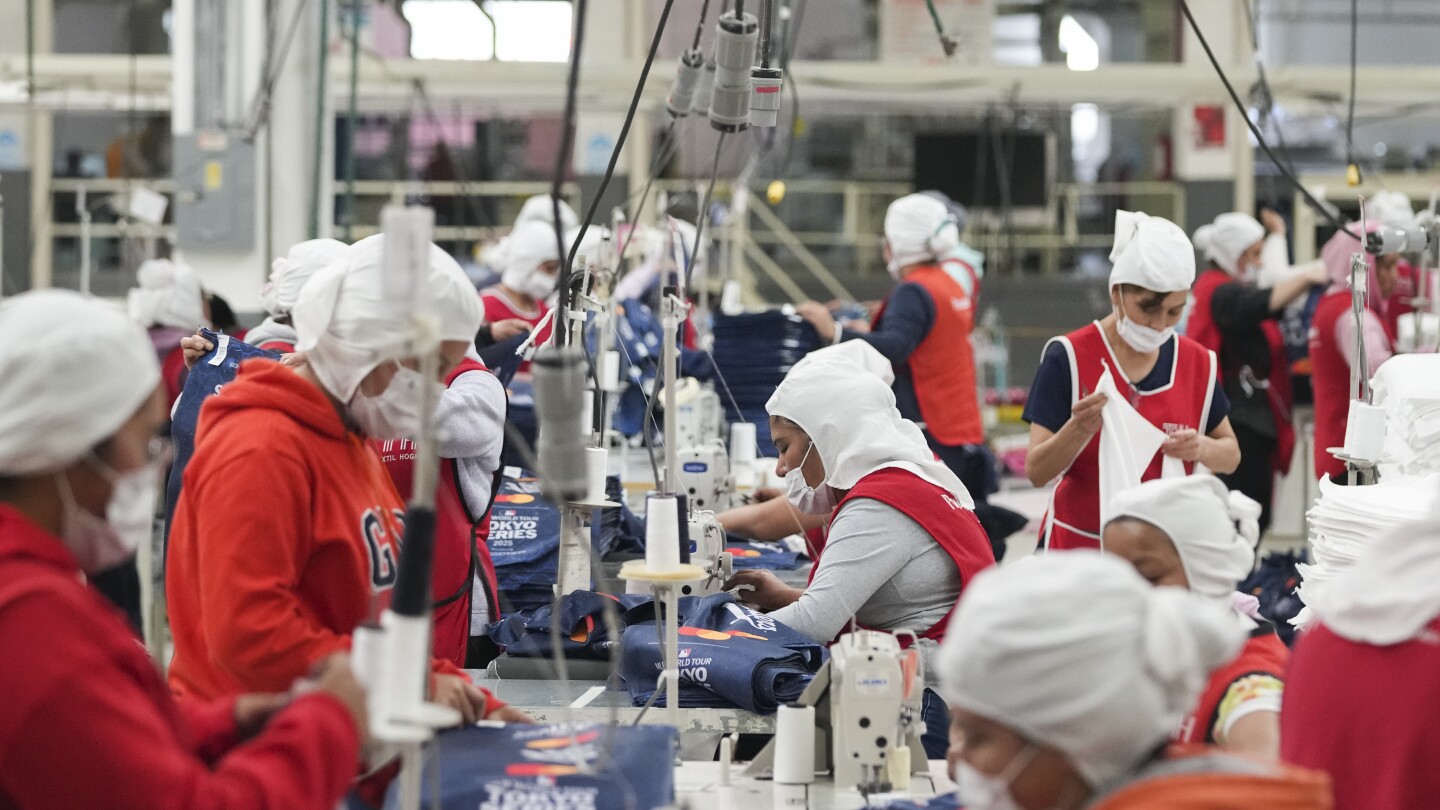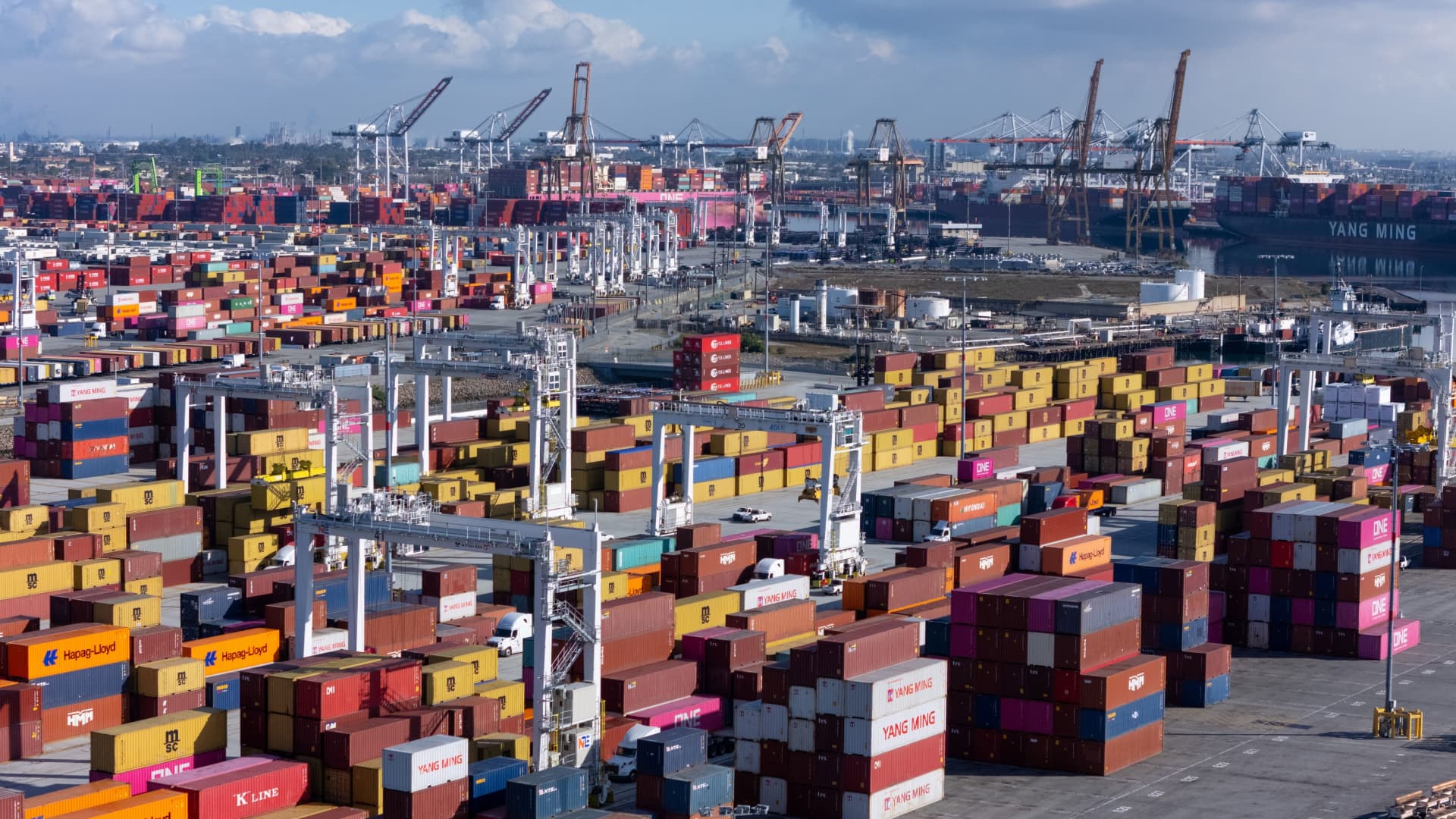Europe Prepares Strategic Counter to Trump’s Tariffs
In recent months, European leaders have been faced with the possibility of new tariffs imposed by the Trump administration. This has prompted a strategic response from the European Union (EU) aimed at protecting its economic interests and maintaining a balanced trade environment. A senior EU official has provided insights into the evolving situation, emphasizing the need for a calculated and proportionate reaction to safeguard the continent’s economic framework.
The Context of Tariffs and Trade Wars
The history of tariffs in international trade has often been fraught with tension and economic repercussions. Tariffs are taxes imposed on imported goods, making them more expensive and less competitive against domestic products. The Trump administration has previously utilized tariffs as a tool to protect American industries, often targeting countries it views as economic adversaries.
In 2018, the U.S. imposed tariffs on steel and aluminum imports, citing national security concerns. This move triggered retaliatory tariffs from various countries, including those in the EU, which targeted American goods such as bourbon, motorcycles, and agricultural products. The resulting trade war created uncertainty, impacting global supply chains and leading to price increases in several sectors.
Insights from EU Officials
As discussions about potential new tariffs heat up, the EU is taking proactive measures. According to the senior EU official, the response will be “calculated and proportionate.” This means that rather than engaging in a tit-for-tat escalation, the EU plans to carefully assess the situation and respond in a way that minimizes harm to its own economy while effectively countering U.S. actions.
One significant aspect of this strategy involves identifying sectors most vulnerable to U.S. tariffs. The EU is particularly concerned about industries such as automotive, agriculture, and technology, which could bear the brunt of retaliatory measures. The official noted that consultations with industry leaders are ongoing to gauge potential impacts and devise strategies to mitigate them.
Potential Areas of Counteraction
In crafting its response to Trump’s tariffs, the EU is considering several options, including:
- Targeted Tariffs: The EU may impose tariffs on specific U.S. products that would exert pressure on American producers while avoiding widespread disruption.
- Trade Agreements: The EU could seek to strengthen trade agreements with other nations, creating new markets for European goods and reducing reliance on U.S. imports.
- Legal Challenges: The EU has the option to challenge U.S. tariffs through international trade organizations such as the World Trade Organization (WTO).
Broader Economic Implications
The implications of Trump’s tariffs extend beyond bilateral trade relations between the U.S. and the EU. The global economy is interconnected, and any significant shifts in trade policy can lead to ripple effects worldwide. For instance, if the EU retaliates with tariffs, it could lead to increased costs for consumers and businesses on both sides of the Atlantic.
Moreover, the uncertainty surrounding tariffs can lead to decreased investment. Businesses may hesitate to commit resources when trade policies fluctuate, which can stifle innovation and growth. Therefore, a measured approach from the EU is not just about immediate economic protection; it’s also about fostering a stable environment for long-term investment and growth.
The Role of Diplomacy
Diplomatic relations play a crucial role in navigating trade tensions. The EU has emphasized the importance of dialogue with the U.S. to address trade disparities and seek mutually beneficial solutions. Engaging in constructive discussions could pave the way for negotiations that lead to a de-escalation of tensions.
The senior EU official highlighted the necessity of maintaining open channels of communication, stating, “We must ensure that our response is not only firm but also rooted in a willingness to engage in dialogue.” This perspective underscores the belief that diplomacy can often yield better outcomes than confrontation.
Public Sentiment and Economic Resilience
In addition to strategic responses and diplomatic efforts, public sentiment in Europe also plays a role in shaping the EU’s approach to tariffs. Many Europeans view protectionism with skepticism, understanding that open markets foster competition and innovation. Thus, while the EU must protect its interests, it also aims to do so in a manner that aligns with the principles of free trade.
Moreover, the EU’s economic resilience is a critical factor in its response. The bloc has weathered various economic storms over the past decade, including the Eurozone crisis and the impacts of Brexit. This resilience positions the EU to respond effectively to external pressures, allowing it to focus on long-term stability rather than short-term reactions.
Looking Ahead: A Proactive Approach
As the situation evolves, the EU’s strategic counter to Trump’s tariffs will likely remain a focal point of international economic discussions. The emphasis on a proportionate response, coupled with a commitment to dialogue, reflects a pragmatic approach that prioritizes both immediate and long-term economic health.
Ultimately, the outcome of this trade tension will depend on various factors, including the responses from U.S. policymakers, the global economic climate, and the EU’s ability to maintain unity among its member states. By preparing strategically, the EU aims not only to protect its economic interests but also to contribute positively to the global trade landscape.
Conclusion
In summary, Europe is gearing up for a strategic counter to Trump’s tariffs, characterized by calculated responses and an emphasis on diplomacy. With insights from top EU officials, it’s clear that the continent is focused on protecting its economic interests while fostering a climate of open dialogue. As the landscape of international trade continues to evolve, the EU’s proactive approach will be critical in navigating potential challenges and opportunities that lie ahead.
See more CCTV News Daily



